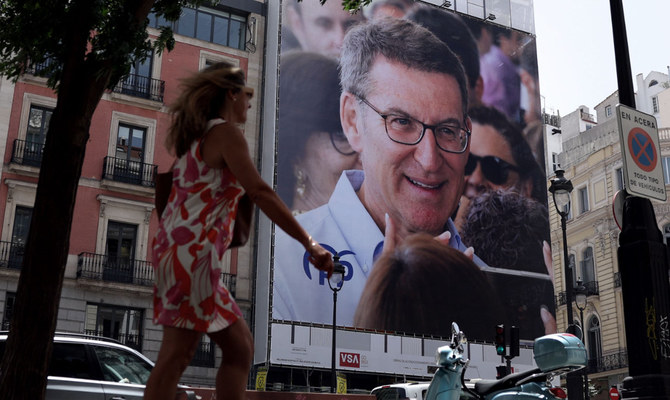
Large quantities of the soy and beef imported to Europe from Brazil have been “contaminated” by deforestation, research shows.
The findings suggest much more needs to be done to protect Brazilian land as pending trade agreements are likely to increase sales to European consumers.
About a fifth of the soy exported to the EU from Brazil’s Amazon and Cerrado regions, mostly for animal feed, and at least 17% of the beef, may be coming from land that has been deforested, according to the study published in the journal Science.
Just 2% of properties in the regions of Brazil studied were responsible for 62% of the illegal deforestation, the researchers established, through a close examination of land use and deforestation, but these tend to be in some of the areas most associated with soy and beef production for export.
The researchers compiled a new comprehensive set of land-use and deforestation maps, from sources including the national online environmental registry and cattle transport permits, to distinguish between legal and illegal deforestation linked to the production of soy and beef.
They said the government of Brazil could do more to ensure its agricultural supply chain was transparent, and to enforce clear policies on deforestation. “It is not enough to claim to be the world’s most sustainable agriculture while a share of the sector fails to comply with the country’s own environmental laws, and supports the government’s undoing of past environmental achievements,” said the researchers.
They said their work showed it was possible to use existing systems to “implement a national and public monitoring system that enforces environmental compliance at the property level to substantially reduce deforestation in the country’s major agriculture supply chains”.
The Guardian’s own investigations have also established clear links between deforestation and animal feed, and the sale of products to consumers in the UK.
The study comes at a key moment, as the EU is finalising a trade deal with the Mercosur group of Latin American countries, including Brazil, that could increase trade in agricultural commodities. Austria has already raised concerns over fires in the Amazon as a reason to reject the agreement.
Environmental campaigners are urgently seeking safeguards to ensure any increase in trade does not encourage deforestation, which has increased in Brazil under the government of Jair Bolsonaro, who has been accused of presiding over the destruction of the Amazon and other key regions. The UK is also pursuing trade deals in the region as part of its post-Brexit trade strategy.
There are already signs that trade in key commodities may be stepping up. Earlier this month, a shipment of soy believed to be the biggest ever imported to the EU arrived in Amsterdam. The conservation charity WWF calculated the soy came from land equivalent to 80,000 football fields, and said that although much of the soy may have come from land cleared many years ago, it was impossible to be sure that soy shipments to Europe and the UK were not linked to recent deforestation or habitat destruction.
Campaigners are concerned at the lack of any law in the UK that requires importers to guarantee their products are free from deforestation. WWF said that meant people could be unwittingly consuming products that contribute to the destruction of nature.
In the UK, only about 27% of soy is officially certified as not being associated with deforestation or destruction of other natural habitats, but two-thirds of the soy imported comes from countries with high deforestation rates.
The Brazilian government’s response to deforestation - an ongoing military operation – has been criticised as being largely ineffective. Despite two helicopters and 97 agents, its first message in May reportedly failed to fine anyone, arrest anyone or seize anything.
Meanwhile, corporate interests are becoming increasingly concerned. In June, foreign investors managing trillions of dollars in assets warned the Brazilian government that escalating deforestation and the “dismantling” of policies to protect the environment and indigenous communities were “creating widespread uncertainty about the conditions for investing”.
Environmentalists say fines for deforestation are often ignored and rarely enforced, and that the government has hobbled environment agency work since it came to power. They also say the Brazilian government does not take the climate emergency seriously.
The Brazilian environment minister, Ricardo Salles, has called the climate crisis a “secondary issue”, while the foreign minister, Ernesto Araújo, has described it as Marxist plot.
Mike Barrett, executive director of science and conservation at WWF-UK, said: “Without knowing it, we’re eating meat and dairy products from animals fed on soy grown on deforested land in Brazil. We need to stop importing habitat destruction.”
He called on the UK government to use the environment bill now passing through parliament to insert a requirement for companies and financial institutions to guarantee their supply chains and investments were free from the taint of deforestation.
A spokesperson for Brazil’s government said: “Illegal deforestation is a crime and fighting it is a priority for Brazil. The [science paper] acknowledges that the vast majority of Brazilian agriculture output is sustainable and deforestation-free. Trade restrictions would not contribute to solve the problem and would rather harm hardworking families.”











